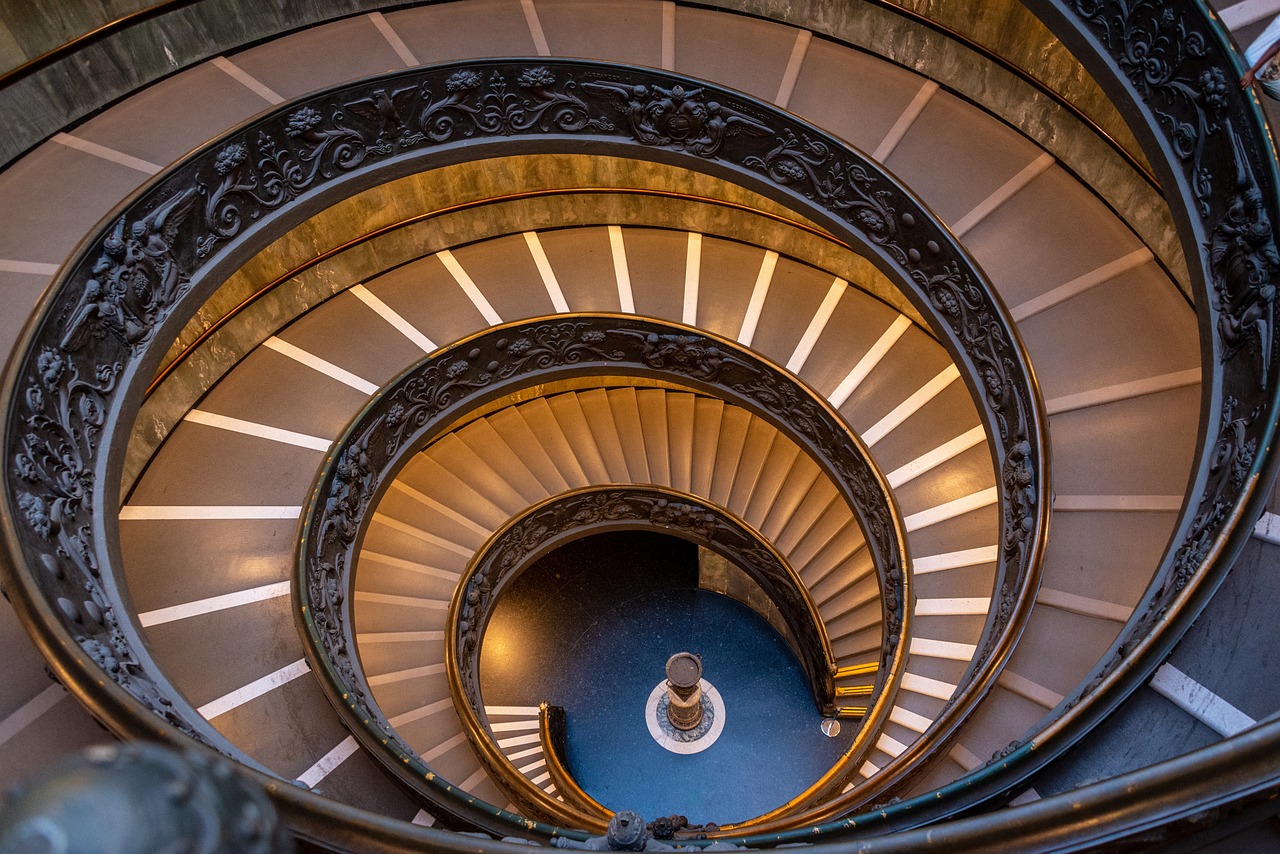Vatican Holds Workshop on Quantum Technology, Emphasizes Global Benefit

Insider Brief
In a meeting at the intersection of science and religion, the Pontifical Academy of Sciences hosted a three-day workshop on quantum technology last week, according to The Vatican News.
The workshop attracted leading researchers in the field to the Vatican, the media outlet reported. This event, which ran from Nov. 30 to Dec. 2, symbolizes a bridge between the realms of advanced scientific inquiry and ethical considerations.
The workshop’s primary objective was to ensure that technological advancements, specifically in quantum technology, are utilized for the benefit of all, not just the developed nations. This inclusive approach reflects a deep-rooted commitment to global equity in the access and application of cutting-edge scientific developments.
Quantum mechanics has historical ties with the Academy, given its past members’ contributions, such as Erwin Schrödinger, Max Planck and Niels Bohr, who were at the forefront of quantum physics, according to the Vatican News. Albert Einstein, though not a member, also maintained intellectual exchanges with several members of the Academy. The workshop serves as a commemoration of these historical contributions and a forward-looking discussion on the potential and future of quantum physics.
In an interview with Vatican News, Dr. Antia Lamas-Linares, who leads the Center for Quantum Networking at Amazon Web Services (AWS), emphasized the wide-ranging applications of quantum technologies. Dr. Lamas-Linares emphasized the transformative potential of these technologies across various sectors.
“We normally talk about this revolution in a scientific and technical sense,” Lamas-Linares told the Vatican News. “We call it a revolution because it concerns certain aspects of quantum mechanics, such as entanglement. This is a quantum effect that is considered paradoxical, that is, it is one of the things that Einstein considered completely impossible and that could not be part of a scientific theory. And now we don’t see them as problems or as philosophical problems, but we see them as resources, in the sense of how we can create them measurably, how we can manipulate them and how we can use them to build better sensors, better computers and so on. As for your question about whether the revolution will spread to other areas, we don’t know, but if, as we believe, quantum computing and quantum communication will have an impact on the development of better chemicals or chemical processes or batteries and things like that, then of course the impact will expand.”
This workshop marks a unique confluence of spirituality, ethics, and cutting-edge science, aiming to shape the future trajectory of quantum technologies in a way that aligns with universal values and benefits humanity as a whole.
